Affiliate links on Android Authority may earn us a commission. Learn more.
Are we ready for a smartphone for hardcore gamers?
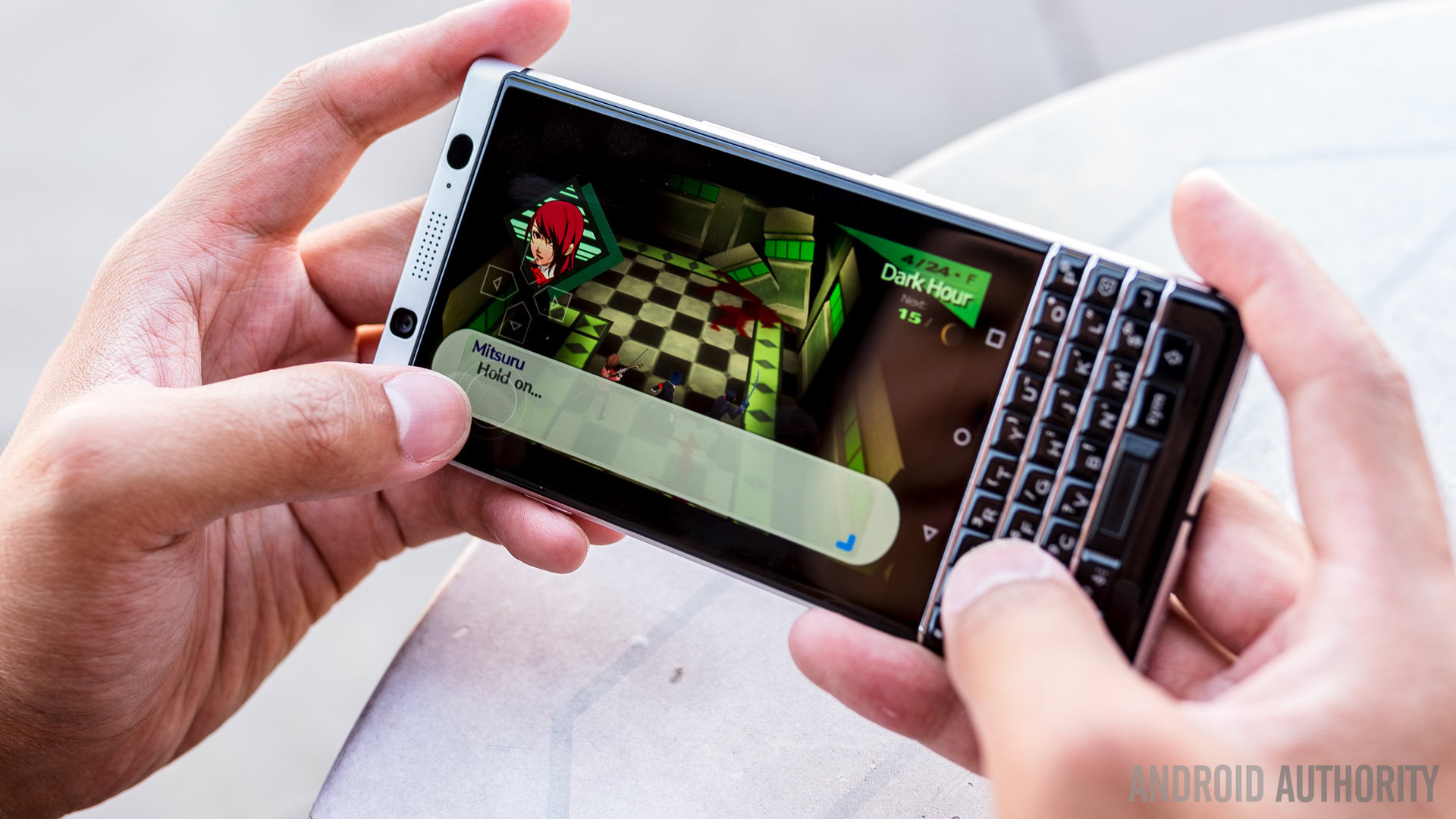
The gaming phone has had a turbulent history. Be it with the Nokia N-Gage, the Acer Predator 6, or the Sony Ericsson Xperia PLAY, the experiment has never quite worked out. Meanwhile, many dedicated handheld gaming devices have proved successful since the original Game Boy, with the Nintendo Switch as recently as this year once again proving the potential of the gaming handheld.
We reported yesterday on rumors regarding a potential upcoming Razer handset, likely an Android phone, and one possibly targeted at “hardcore gamers.” This is not based on an official statement by Razer — it may release another Windows gaming tablet, for all we know — but it has nonetheless raised an interesting question: given the past failures and recent successes in dedicated mobile gaming hardware, are we finally ready for a smartphone for hardcore gamers?
Casual vs Hardcore
First, it might be necessary to unpack the notions of the “casual” and the “hardcore” gamer. While in the past one might use the length of time spent playing a game/games, the type of gaming system played on, the amount of money invested in gaming, and skill level, as rickety measuring sticks for discerning the type of gamer category a person fits into, these ideas are ultimately flawed. You can have gamers who want to invest time and money in video games, or want to play them well, and simply can’t.
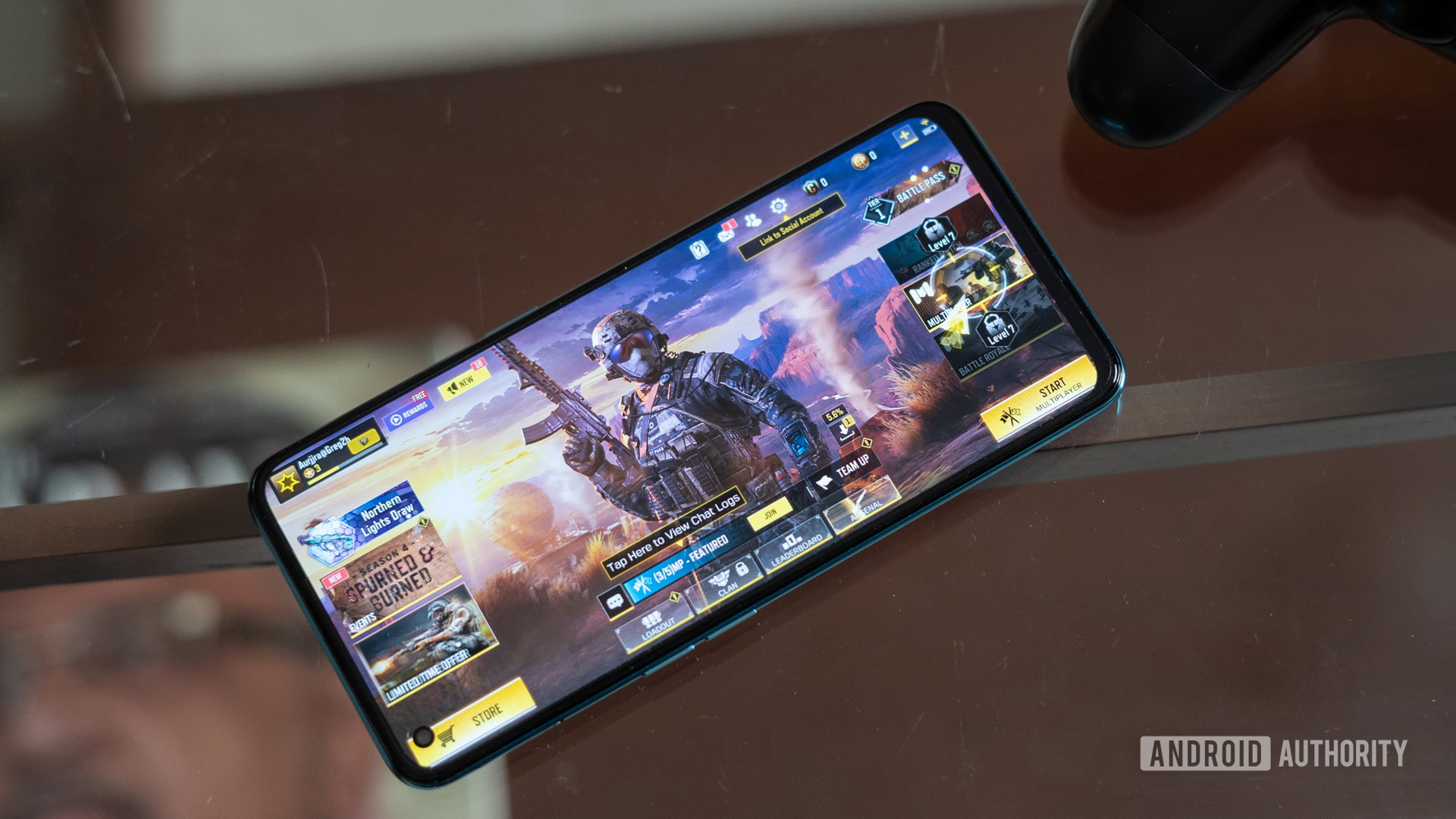
Then there are gamers who gladly straddle these distinctions: I have both completed Dark Souls and spent most of my time this year playing 5-minute stints of Dig Deep!. In which category do I fit?
The terms are nebulous and frequently debated, but for simplicity, I’ll use them in this article. Just consider that when I write hardcore I mean “relating to a desire for depth” rather than “the time one spends playing games” or “skill level.”
The graphics myth
The market for mobile gaming is significant: Google Play Store game download figures tell us that. But current Android phones are already highly capable when it comes to playing the vast majority of games on offer at the Play Store — it would be harder to find a game that a four or so year old phone couldn’t run than one it could.
In other words, if a gamer-focused phone could only take advantage of games in the Google Play Store, it wouldn’t have much more to offer than any other flagship phone (unless it arrives at a comparatively low price, that is or is built with gaming ergonomics).
Better graphics does not guarantee that a product will appeal to a hardcore gamer. You don’t need to have particularly strong hardware to create so-called hardcore experiences. Look at, say, Dwarf Fortress compared to UNKILLED in the screenshots below (that’s UNKILLED on the bottom, there).
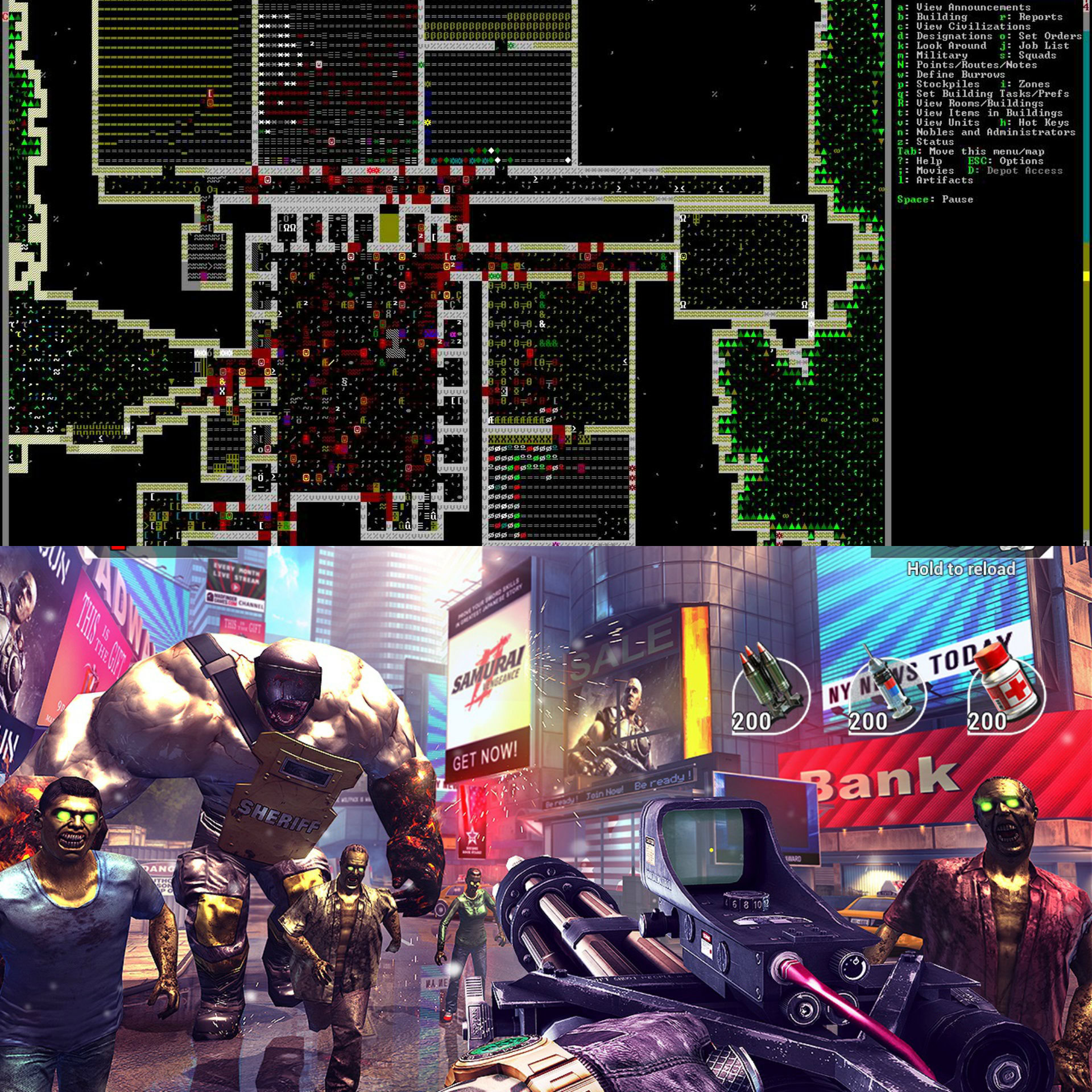
Which would you say has “better” graphics. Which would you say is more likely to provide a “hardcore” experience? That’s an obvious example, but if you look back to the likes of the 8-bit NES era you will find games that offer much deeper gameplay than titles found on far more powerful modern smartphones.
Essentially, you can’t have a hardcore gaming device without hardcore games; what’s an Alienware Area 51 that can only play Kitty Cat Clicker?
Opportunities
If a flagship phone and a Bluetooth speaker can already take advantage of what most current mobile games offer on an audio/visual level, what else could a gamer-focused smartphone offer? Here are some suggestions:
- Dedicated games
- Internet connectivity optimizations to ensure smooth online play
- Upgrade options (like swapping out the GPU/CPU)
- Additional buttons (shoulder buttons/D-pad)
- Mouse/keyboard/controller support
- 4K display/surround sound?
(Dedicated gaming laptops, like those Razer already manufactures, also usually target features like better battery life, lower-noise, better cooling systems, less weight, and slimmer profiles in each new iteration. But, with the exception of better battery life, these aren’t likely to be important factors in a gaming smartphone.)
Razer may try to implement one or more of the items listed above into a gaming phone, and, of those, control might be one of the better areas on which to focus. Online seems stable enough, CPU/GPU swapping would be difficult, and audio/visual improvements can, as previously discussed, only be taken so far.
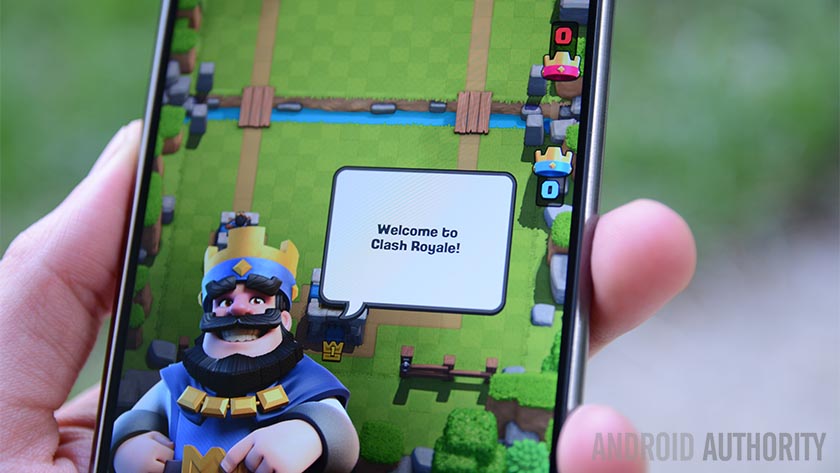
Unlike graphics/sound, control really can be a barrier to getting the full experience of a title, creating the difference between playing it and mastering it, and it’s a fundamental concern when porting games to smartphones. Coming from PC or console input to a touchscreen can all but destroy a game, as it lacks the precision of other types of input. It’s to the Nintendo Switch’s credit that it houses a touchscreen and additional controls.
This — better control — is an area where Razer really does have an opportunity to offer something credible to the hardcore smartphone gaming crowd. But a controller’s usefulness also relies on the game: precise control means nothing on a title like Candy Crush and everything on a game like Downwell — and your Downwells are vastly outnumbered in Google Play. Not to mention the haphazard means of even finding controller-supported titles.
Which leads me to dedicated games. This could be Razer’s other route to success as it could try to bring specific titles to the smartphone with hardcore experiences in mind. Developing its own titles, like Netflix, would be expensive and take forever, but Razer could try to encourage developers to make games for its system. Obtaining games that require its Razer Android device to play isn’t out of the question, though — NVIDIA has done it. It’s just that, NVIDIA is also bringing in billions of dollars in revenue every year thanks to its semiconductor business.
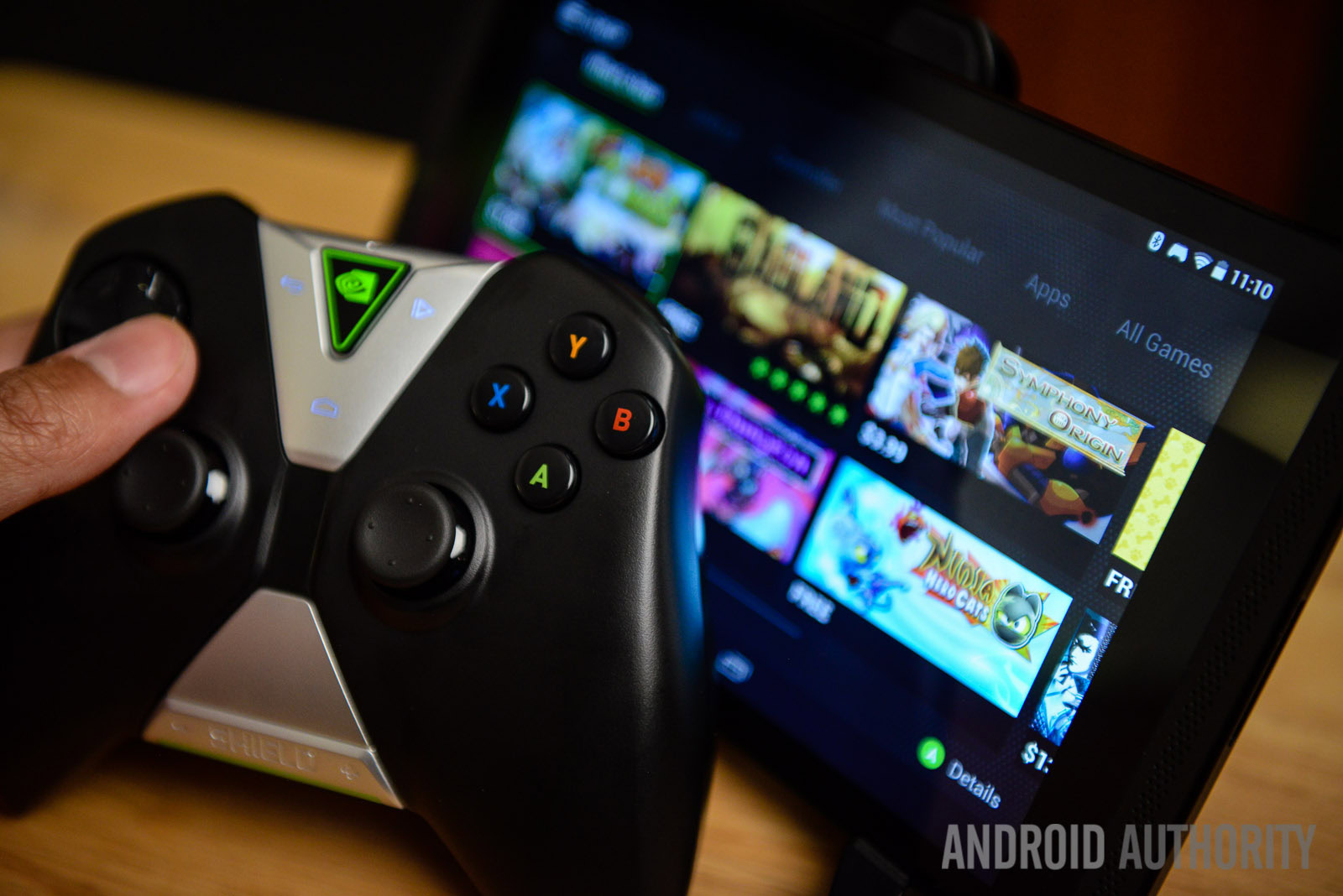
Wrap up
Cards on the table: I don’t think a dedicated gaming smartphone is a smart idea. There are still great strides to be made in mobile gaming, but unless Razer has some grand plan for mobile titles, the most high-performance hardware in the world still wouldn’t be enough to make a dedicated gaming smartphone worthwhile for the majority of people. Not if it only has the games in the Play Store to work with.
There is hope, though. NVIDIA has made fine gaming tablets in the SHIELD and SHIELD Tablet K1, providing a dedicated controller, its own games market, streaming/casting, and offering up more Android updates than the majority of other smartphone manufacturers, all at a reasonable price. They also didn’t have that overblown look like many other devices built for gamers. They are tablets, however, products that you might buy as well as a phone. Owning a normal smartphone and a gaming smartphone might be a stretch.
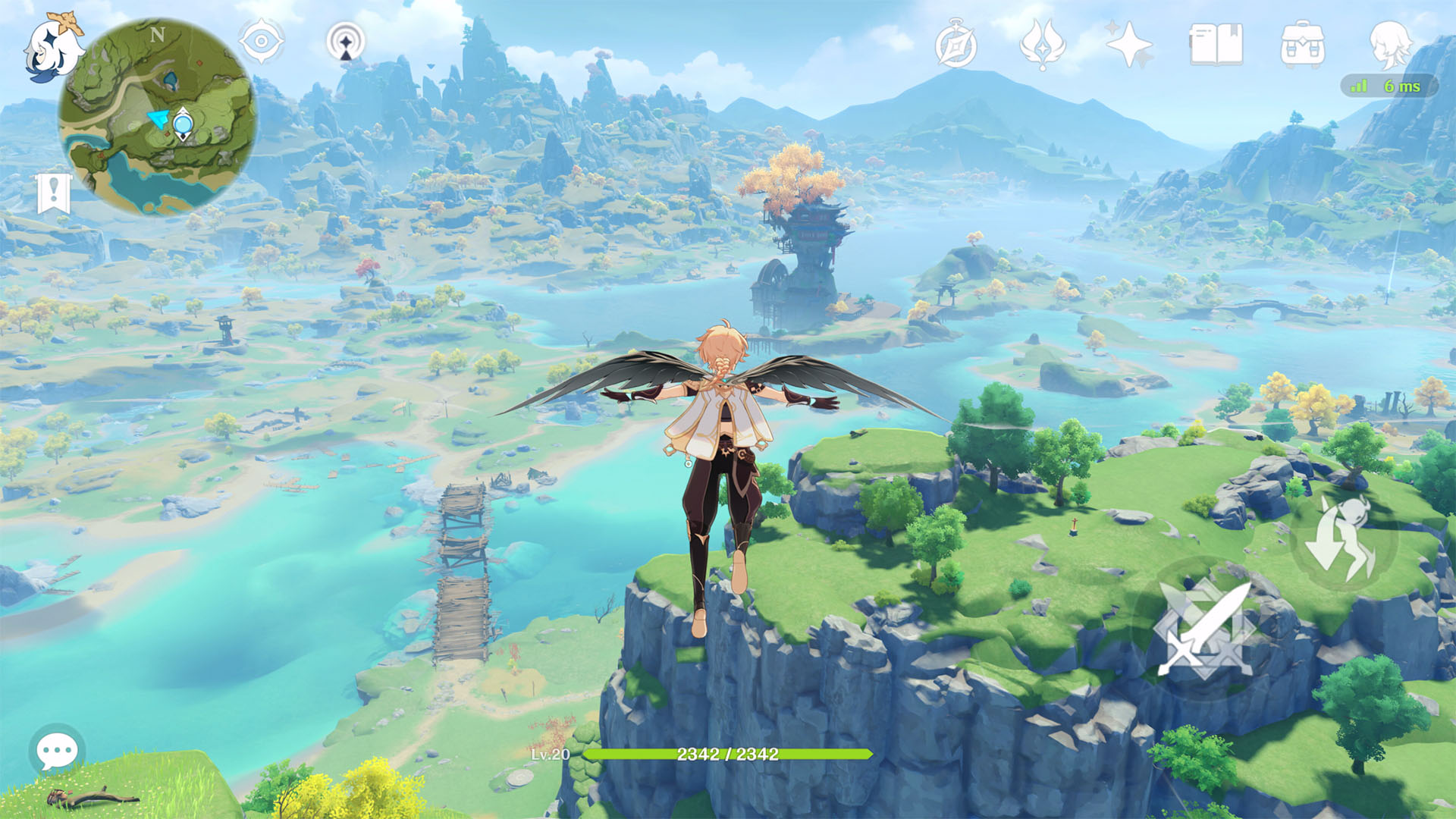
Here’s the crux of the matter: Is there a market for richer, PC- or console-like gaming experiences on mobile? Absolutely. Will premium smartphone hardware deliver that? Not a chance.
I’m still genuinely excited about the future prospects of mobile gaming. Honestly. I just think that if all a Razer phone does is provide a high-priced way to play the myriad piss-poor titles polluting the Play Store, it’s more than likely going to wind up as just another N-Gage. Prove me wrong Razer, please.